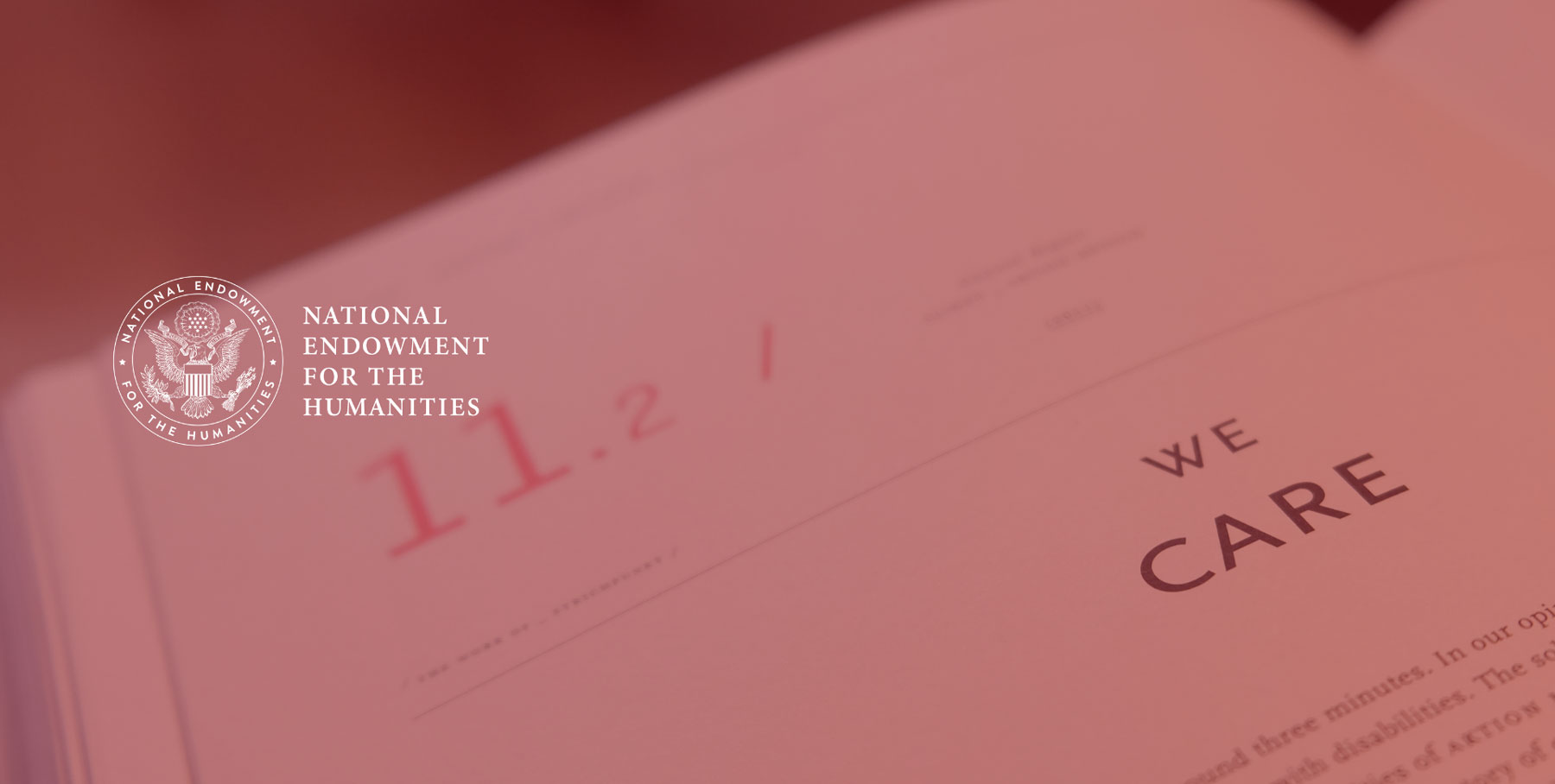SUMMARY
Participants will explore recent work on care and caregiving in political philosophy and theory. Readings and discussion will follow three lines of inquiry: the distinct questions which arise when care is taken as central in political philosophy and theory; the new questions posed by political, economic, technological and environmental changes; and the distinct insights about care gained by attending to race, class, gender, national status, age and ability. The institute will support the development of related pedagogical and research projects, such as a book, journal article, or new course syllabus.
QUESTIONS ABOUT CARE
Care and caregiving are fundamental to emotional and physical well-being. But caregivers, paid and unpaid, often lack adequate support, and many who need care go without it. The provision of care does not simply depend on individual caregivers, but also on the state, the economy, the culture, technological development, and historical structures of race, gender, class, and national status. These larger factors can help or hinder efforts to give care and to receive care.
This Institute will address philosophical questions about the value and support of care and its connection to the state and the economy. For instance, what kinds of caregiving relationships does the state legally protect? How can the state support opportunities for social connection? What do different perspectives in political philosophy suggest about the state’s role in supporting caregiving? Does work allow loved ones and family members time for caregiving and time to connect? What are the distinctive vulnerabilities of paid caregivers? How are the costs and benefits of care distributed and obscured in the current political-economic context? How does the current organization and understanding of care support and threaten just, democratic politics? What alternative communities or technologies of care are possible and desirable?
Until relatively recently, the activities of care have been neglected in philosophy and political theory. This institute will survey the growing body of work in this area, as well as opening new questions.THE INSTITUTE
During the three weeks of the institute, we will read and discuss foundational philosophical and political theoretical work on care as well as recent scholarship that takes up new questions.
Development of individual pedagogical and research projects will be a core focus. Participants will be expected to begin new work or bring work-in-progress to be furthered or completed at the Institute. We expect these research projects to form the basis for publications, conference presentations, or work in public humanities such as articles in popular media or contributions to podcasts. Some portion of most days will be set aside for group or individual work on these projects.
Participants will have opportunities to spend time with both co-directors, as well as with visiting faculty, to develop their projects.
COVID Disclaimer
Depending on public-health guidelines related to COVID-19, plans for a residential offering are subject to change. (See Reed College COVID-19 Prevention & Response Plan.)

